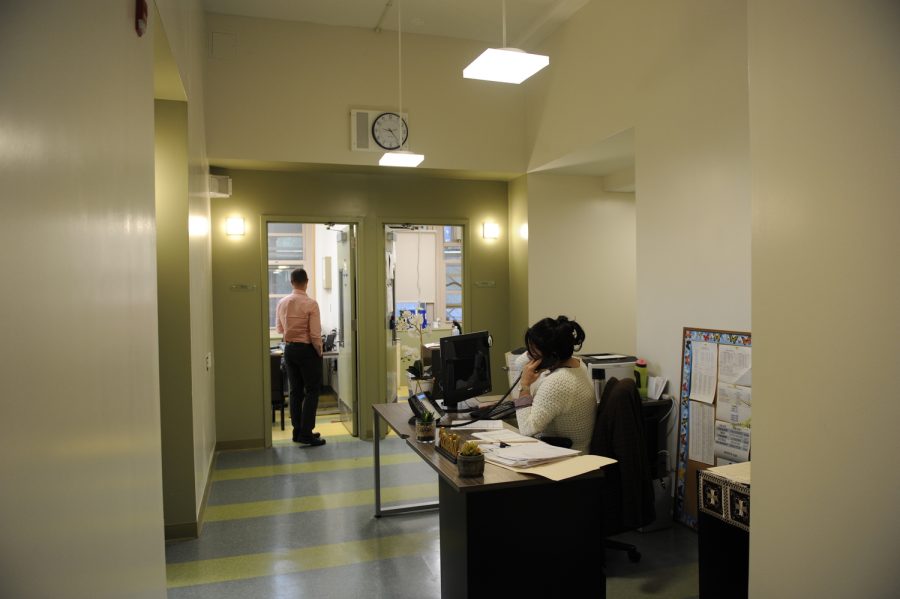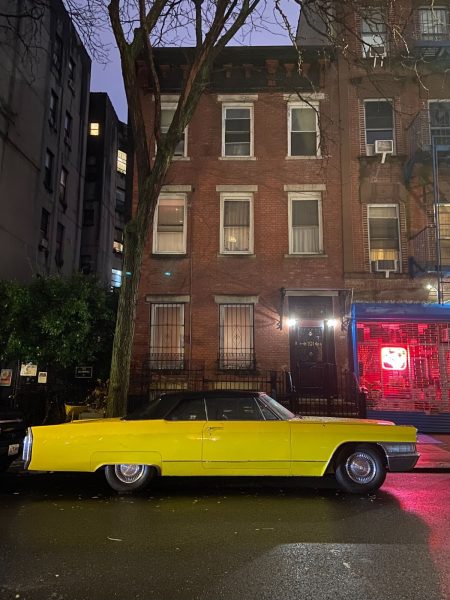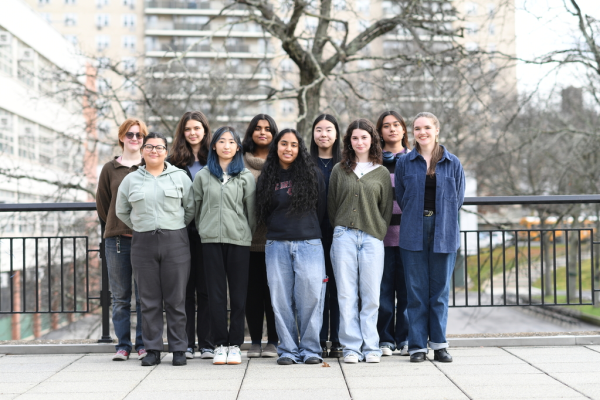College Application Advice
Tips on Acing the Late Stages of the College Application Process
For all questions about the college process, don’t hesitate to visit your guidance counselor in the Guidance Office Suite, Room 035.
So, it’s application season. While the scramble for last minute recommendations, raves, and guidance meetings is comparable to a literal mosh pit, we’re at the most important point of the college application process. It’s important to keep calm, collected, and organized for the upcoming deadlines. No, not like that. Stop screaming.
If you’ve already asked for your raves and recs, you’re pretty much set from here— just make sure to check in with the teachers you’ve asked at least a week or two before your first deadline to make sure everything’s in order. In a perfect world, teachers would never forget or fall behind, but keep in mind they likely have thirty or so other students who have also asked them for the same favor. If you haven’t already asked any teachers for your second rec or even your first rave, it’s important to do that ASAP. The deeper we get into the school year, the busier teachers get—and the less available they’ll be to write another rec. Don’t let this scare you though, the sooner you ask the better, because not asking at all is an automatic “No.” It’s also important to look forwards instead of backwards when it comes to these things—you may not have necessarily been head of your class for the teacher you have in mind, but if you think they’re the right person to write your rec, go for it. “Don’t fret about the grades you could’ve gotten,” said Mr. Anthony Cogliano, the school’s in-house social worker. While some teachers have a baseline grade for eligibility for a rec or rave, if you truly tried in class your work ethic or other characteristics may be redeeming qualities—you won’t know if you don’t ask.
“You’re obviously more than a 650 word essay.”
Next comes arguably the hardest part of the college process, personal essays and supplements. Trying to prove yourself in 650 words or less on the Common Application, and then trying not to repeat yourself in your supplements can seem near impossible. You’ve never tried improv, you’re not sure if it really is easy being green, and you’re pretty sure no one knows where Waldo really is (these are actual prompts; See Business Insider’s The 15 Most Ridiculous College Application Questions). However, these things are likely simpler than you may think. “Common App prompts have been the same forever,” explains Cogliano, “You’re obviously more than a 650 word essay.” What people often forget is you’re meant to write a personal essay, not merely an academic one. It’s important to remember that while you have probably- been following the same ‘topic —> evidence —> analysis’ format since the beginning of your academic career, the personal essay is meant to reflect your personality and thought process, not how well you can support an argument about your own character traits or eligibility for a college. “There are real people reading your application and your essay, wanting to get to know you,” said Ms. Darby McHugh, Bronx Science guidance counselor. “Be careful and start writing early—and editing and rewriting.”
While the actual content of your application is top priority, one of the most important aspects of the college process that’s often overlooked is organization. While you may feel like there’s too much to do and too little time, it’s important to at least dedicate a general time frame to certain tasks. Maybe one week you’ll work on your recommendation questionnaires, and the next you’ll focus on your supplements. Maybe you’ll draft your Common App essay over the weekend, then have it looked at by a teacher the following Monday.
You don’t need to have every day up to your deadline planned out, but knowing at least what you’re working on now and what you plan to do next can make your application more organized, and help to relieve some of the stress from the process altogether. You’ll find that the more control you have over when and where you’ll do your tasks, the less daunting they’ll seem—especially if you make room for breaks in between. “Everyone should be taking time for themselves,” said Cogliano, “You have to do things you enjoy to get enjoyment out of life.” Bombarding yourself with work in fear of not having an application that not ‘impressive’ enough is counterproductive—putting yourself on edge will only make you rush through work and obsess over details, leading to ineffective writing and even less work getting done properly.
Overall, the college process may seem terrifying if you don’t know where to start—but taking it one step at a time can do wonders for the quality of your application, and more importantly, your mental health. Remember, the regular decision deadline is January 1st, so you’ll want to have everything sorted out a couple weeks before in order to leave room for tweaking your application. It doesn’t have to feel like a grueling requirement—consider it a chance to show the best parts of you and move on to the next chapter of your story. “Get to know the schools you’re applying to so you can apply well—and try to enjoy the process; it’s a very exciting time in your life,” adds McHugh, “It’s more personal than people realize.”
She-Vaughan Edwards is a Chief Graphic Designer and Layout Editor for ‘The Science Survey’ and a Groups Section Reporter for ‘The Observatory.’...











